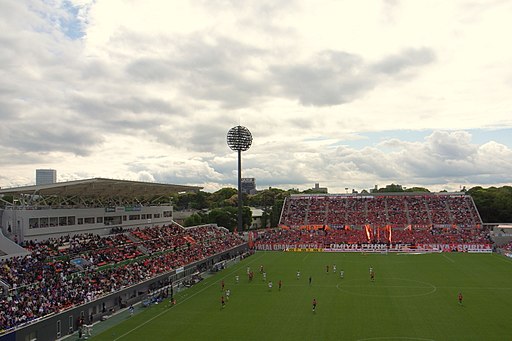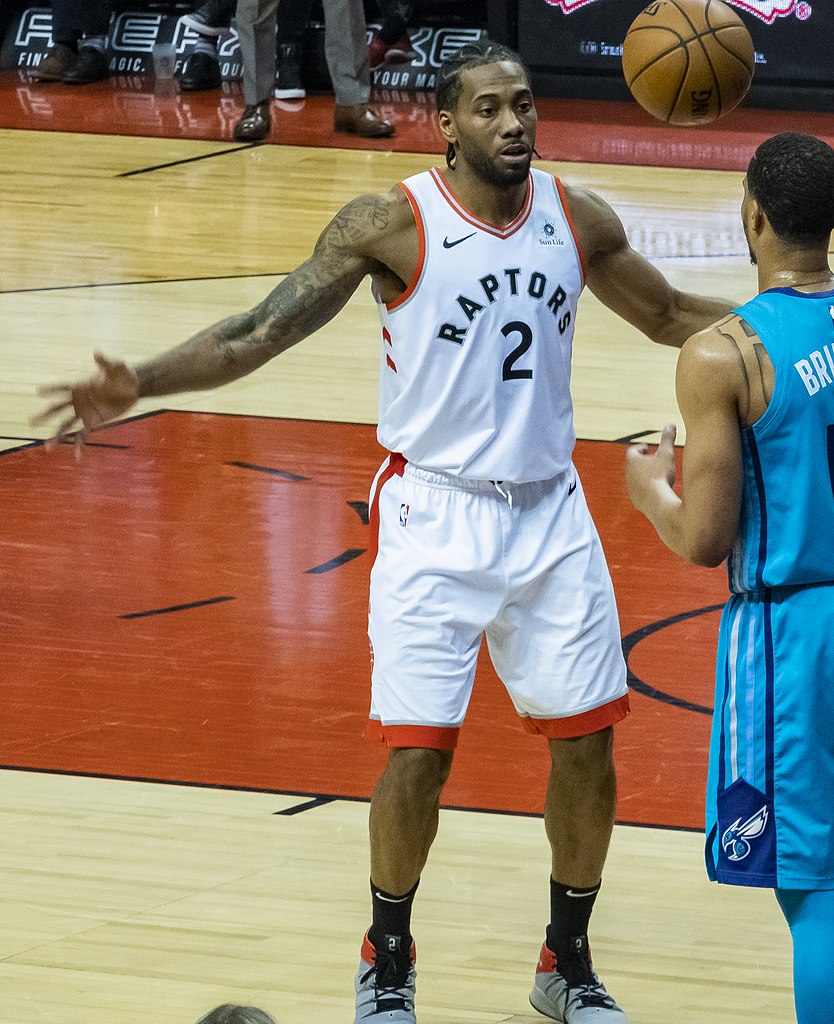The 2018 World Cup: What Is It and Why You Should Watch It
A month-long festival of fùtbol is just days away. Yes, that kind of football. It’s the sport not many Americans play, let alone watch, and for decades often ignored or ridiculed those who did. Dubbed “America’s sport of the future” in 1972, it seems like years since we rejoiced in the magic of 2014. You didn’t have to hear Donald Trumps name every day, Disney hadn’t ruined Star Wars yet, and the United States men’s national team captured the hearts of millions of Americans. After qualifying against arch-rivals Mexico, America’s run was nothing short of eye-opening for the possibility of growth in the sport. Defeating our nemesis in Ghana, drawing against a top ten team in Portugal (who has that Cristiano Ronaldo guy for all you FIFA players) and holding on to move out of the group stage. Alas, they were defeated handily by Belgium in the round of 16, despite a historic and meme-worthy performance by Tim Howard, whose name was plastered onto Wikipedia, as the Secretary of Defense, for a few short, but memorable hours. However, four more short years have passed, and a new tournament is upon us. For just a quick refresher, here’s what the world cup is all about, and why most importantly you should watch it.
Next week, players from 32 different nations will come together to battle for true global glory, a shot at the golden trophy, the World Cup. No this isn’t the Olympics, its much bigger, more meaningful, and actually enjoyable to watch. Besides, the soccer in that tournament is for under 23 year old players only. This year, the men will take the field in Russia, and if hearing that country’s name doesn’t elicit enough drama and controversy in your mind, consider the following facts about the qualifications for such a tournament.
You may have already heard, seen, or watched the United States fail to qualify, but alongside them are 2006 winners Italy, and 2010 runners-up Netherlands. Both now outcasts to their couches and homes, forced to watch along with over a billion people witness the rise of another champion. Okay, the U.S. isn’t going, so why should you even bother watching an event without our country’s team? The same reason why you watch any other sports game without your favorite team, read a book, or watch a TV series or movie. Deeper than the nationalistic pride displayed by singing the words to the national anthem during the pregame celebration (as both countries anthems are played before kickoff) there’s a desire for certain themes and elements we seek in entertainment. The Miracle on Ice was just as much about the United States being underdog as the fact that it was America itself playing in the final game. Add in the component of facing the USSR, a kind of villain (think Reagan’s “evil empire” mantra), and that they were heavy favorites to win so star attraction plays a role.
At this World Cup, you’ll see grown balding, grey-haired men from around the globe reduced to tears when their team scores, and they’ll go plenty nuts too. A kind of human fragility like that is only brought out in special moments, so that even if you don’t understand soccer, we can all relate to that kind of drama. Consider this clip, Iceland were playing England at the Euros, a tournament similar to the World Cup format, except only European teams compete. Iceland were heavy underdogs in this match, they were throughout the tournament. Shockingly enough (though not surprising if you know anything about the England national team) they won, but it was the reaction of Icelandic commentator to each goal scored that’s amazing to watch.

It’s a clip you can share with friends, family, and one you might have seen passed around your social media feed for a day. Laughter about the voice cracks and bias aside, one can’t help but smile at the joy this man is expressing. These kind of stories and themes are prevalent at every World Cup and in most soccer matches too. Whether it’s the tale of the underdogs, the no holds bar villainous striker, or defender that always scores in the last minute and makes a dirty tackle, this is what to expect. A surplus of narratives, stories, and moments, from a sport that’s part elite athletic pursuit, part telenovela. When two worlds sides take the field, the histories and cultures of their nations take the field with them. England attempting to reclaim its status as an empire through domination over smaller teams. The Germans efficiency and work ethic which has produced generation after generation of complete teams. A French class of players who exhibit as much style and swagger in their game, as they dress. Russian defenders chiseled out of the brutal winters, and stone buildings they resided in previously.
This article is more a favor to you the reader than a plea. Watch one game, take in the sights and sounds, and be patient. Wait for a goal to be scored, and take in the shouting of the crowd, and celebration of the players, as they sprint to a corner to celebrate in front of those who traveled an ungodly amount of miles to be there. Look for the reaction of a manager, the crucial decisions of a referee late into the match, and the faces of thousands, taking in the greatest sporting event on earth.
At the end of the day, if that’s all not enough, keep in mind these games start at 8:00 AM EST, and go until about 4:00 PM EST. At any point during a match it’s acceptable to drink, like you’re in a European pub. You can thank me later for that.



